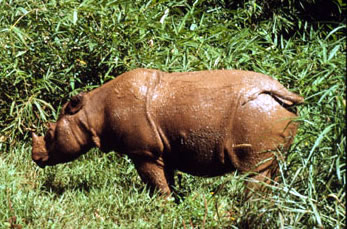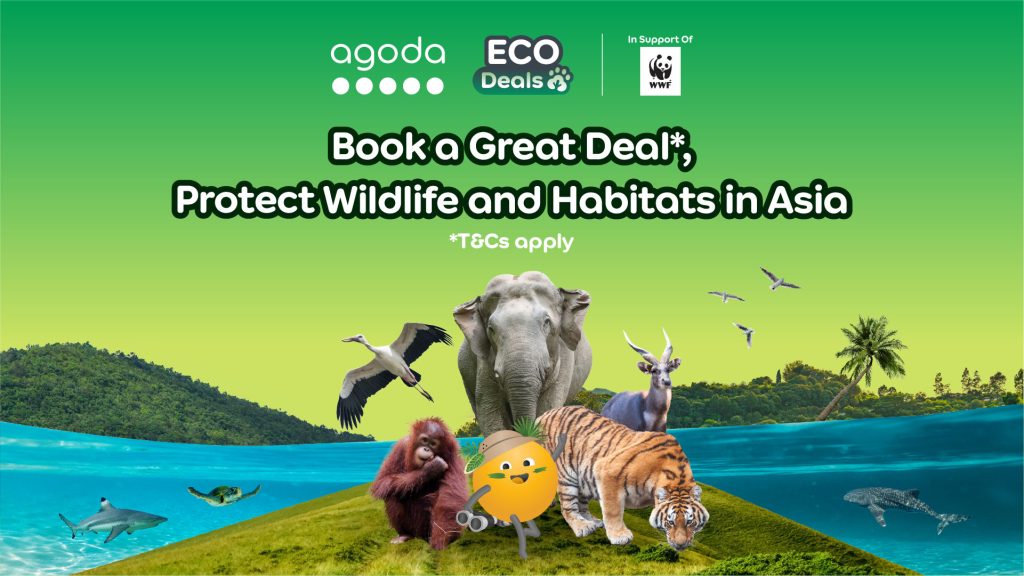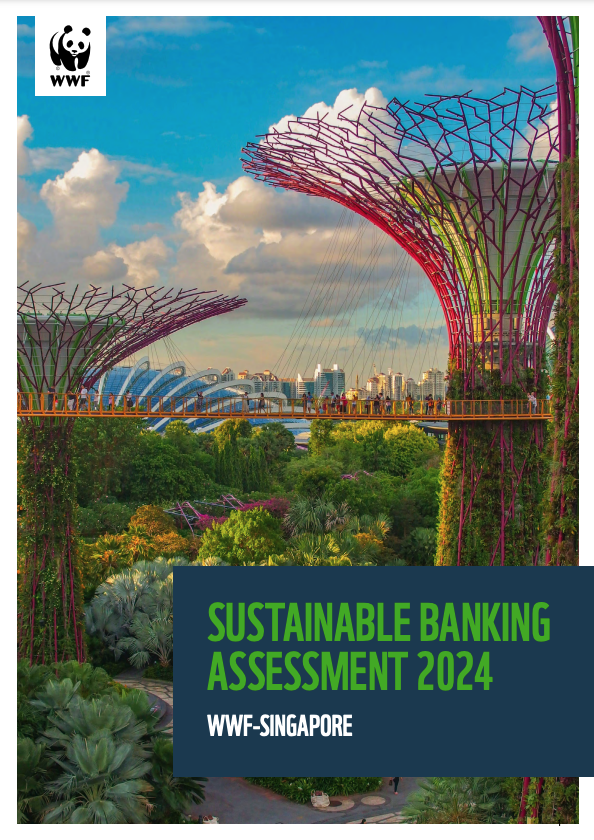WWF’s Asian Rhino and elephant Action Strategy (AREAS) grew out of the recognition that conservation success for these endangered large mammal species and their habitats will only be possible through a landscape-based approach that goes beyond isolated protected areas and addresses issues of land use practices in the surrounding areas.
With proactive social, economic and biological analysis, AREAS believes that a balance can be struck so that wild species get the secure core areas and forest corridors they need, while people can pursue agriculture, forestry, and other forms of land-use in a more clearly planned and sustainable manner.
The AREAS portfolio provides a cohesive approach to the conservation of the three Asian rhino species and the Asian elephant nested within the WWF network programmes. The conservation of the AREAS priority landscapes will not only safeguard a future for Asia’s wild elephants and rhinos but also protect many of the most biologically important places in Asia and other countless endangered species, including the tiger, orang-utan, and many other species.
Singapore is situated in the heart of the Indomalaya Realm, which encompasses an area of 7.5 million square kilometers including the South Asian subcontinent and Southeast Asia and extends from the Makran region of Pakistan to Ryukyu islands of Japan. Three subspecies of the endangered Asian elephant are found here, as are the world’s two most endangered rhino species, the Javan and the Sumatran rhino. Till just a century ago, much of the rich Indomalaya wildlife could be found in or near the territory that makes up modern Singapore.
Today, as Singapore becomes an increasingly affluent society, we are witnessing an increase in public interest about how humanity can live in harmony with nature along with other pressing environmental issues. WWF Singapore is planning to work closely with partners such as Singapore Zoo and Singapore Aquarium to develop joint conservation programs for support by the Singapore public.















